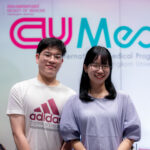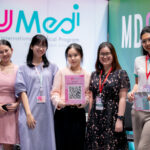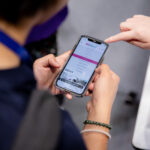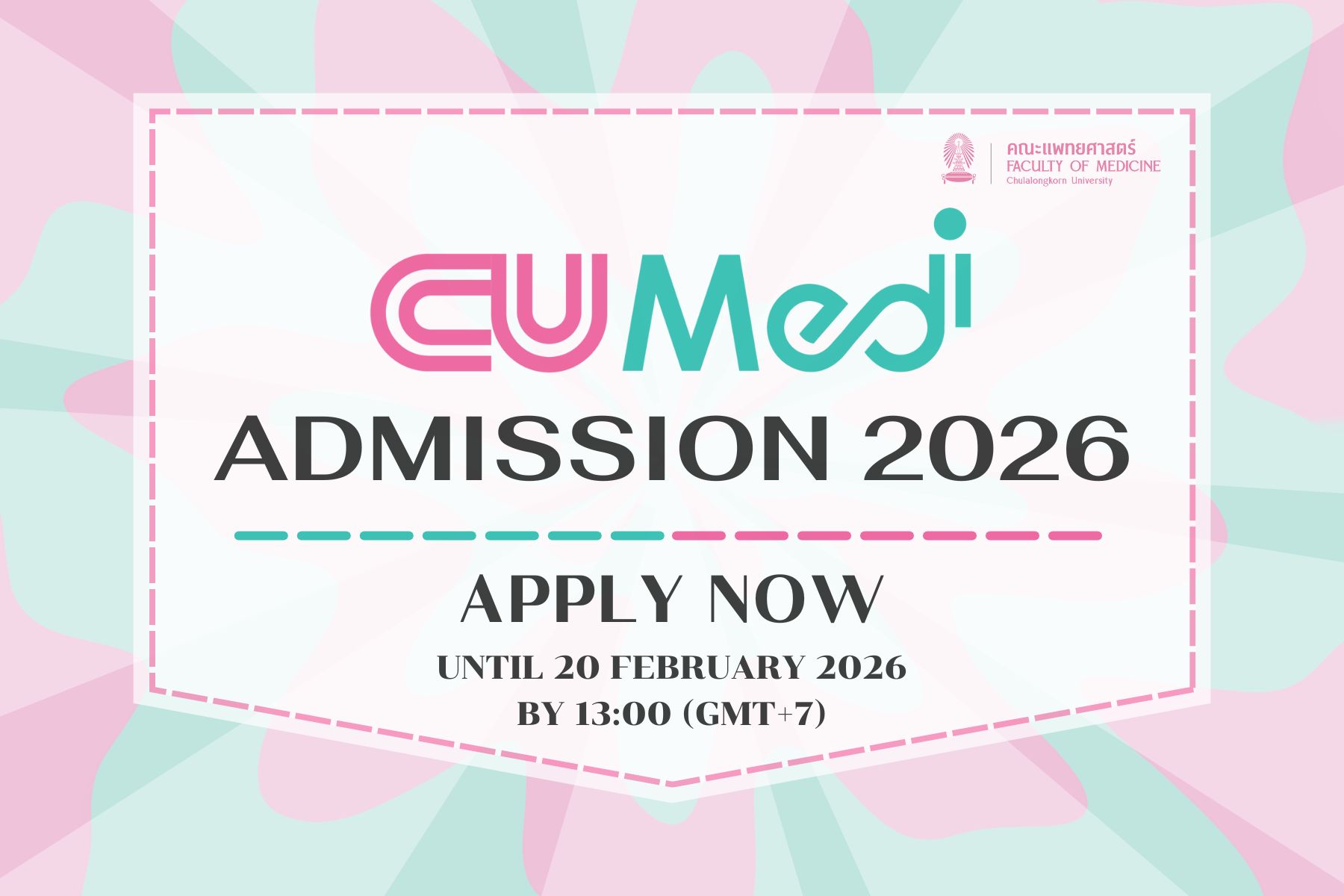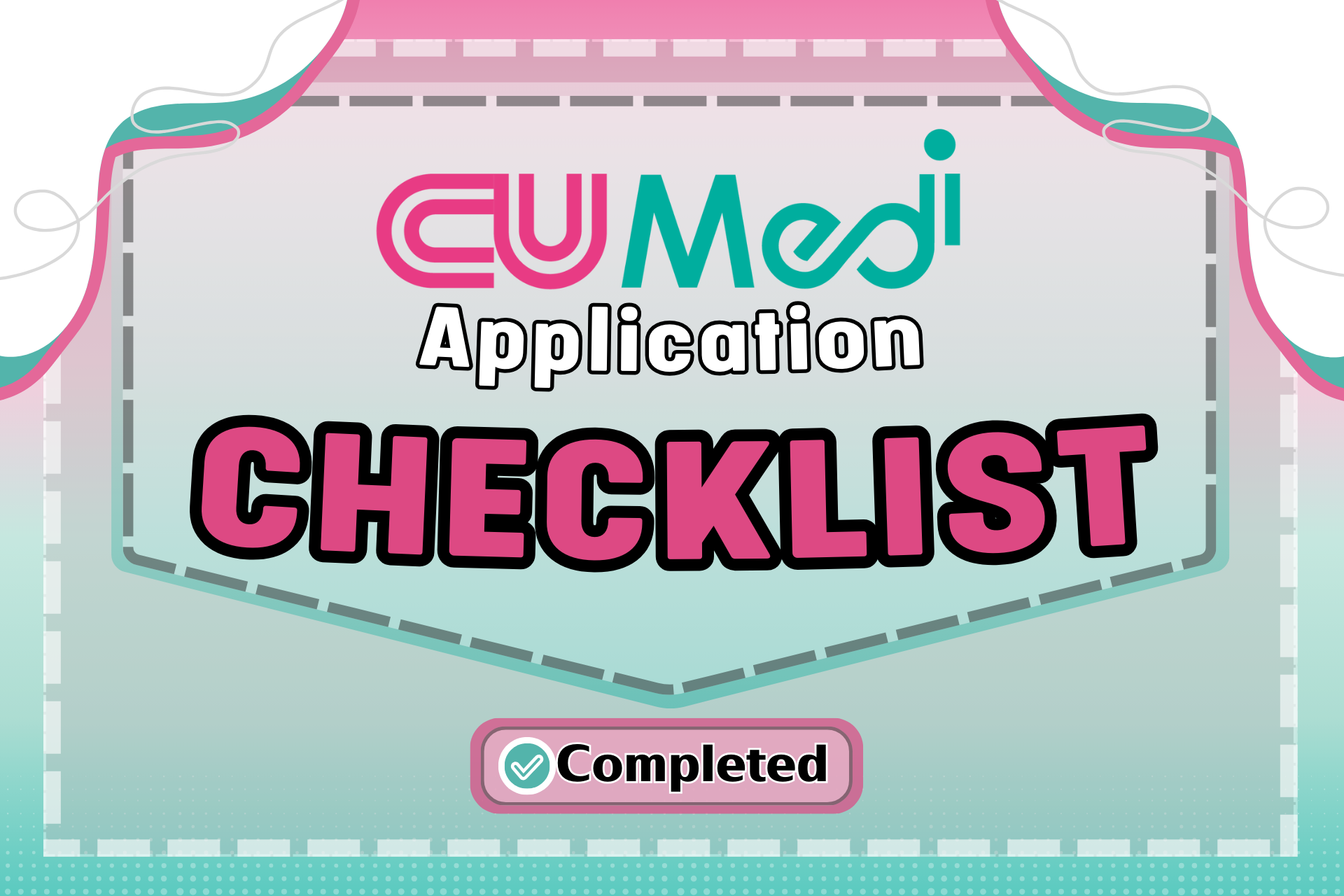🩺🌍 CU-MEDi has landed from ATSA Expo 2025!
On July 5th, CU-MEDi was proud to be part of one of Thailand’s biggest student-led expo at CentralwOrld Pulse.
We had an incredible time meeting bright minds, exchanging ideas, and introducing our work to the next generation of medical education — especially Thai students studying in the U.S. who are passionate about global health and innovation.
Our booth gave visitors a chance to explore how CU-MEDi blends international-standard medical training with our globally oriented curriculum — from simulation-based learning to future-forward healthcare tools
Thank you to everyone who visited us — we had so much fun connecting, sharing, and learning together. We’re excited to continue building bridges between Thai students abroad and the future of medicine at home.





